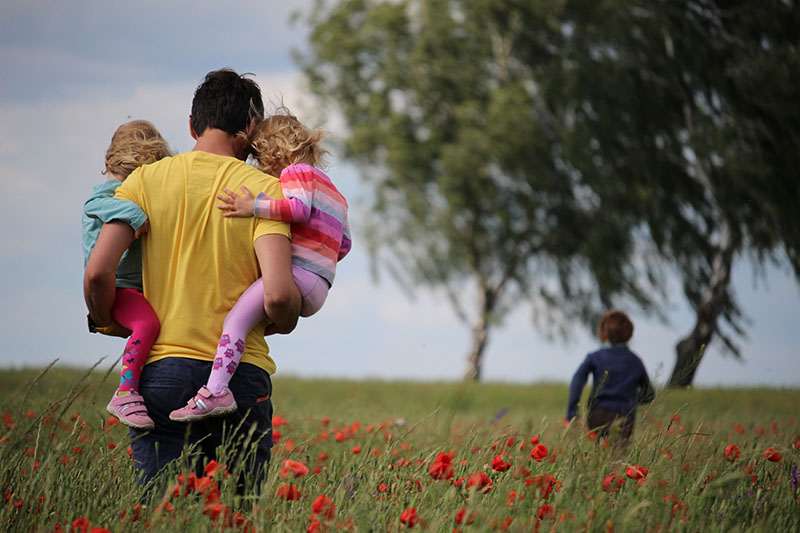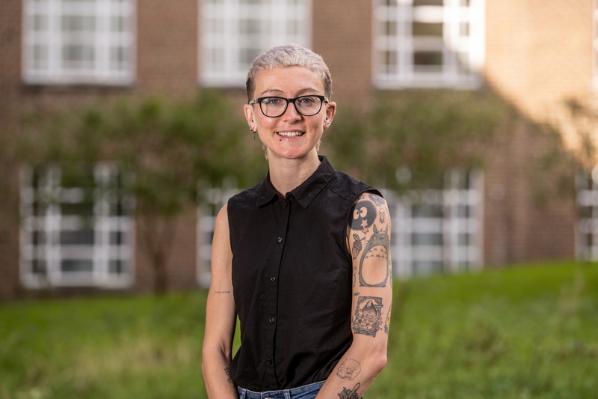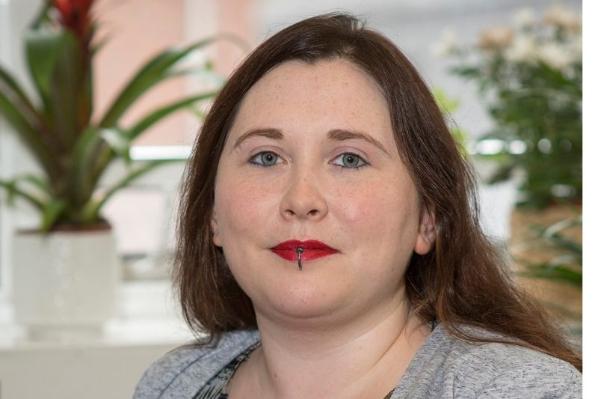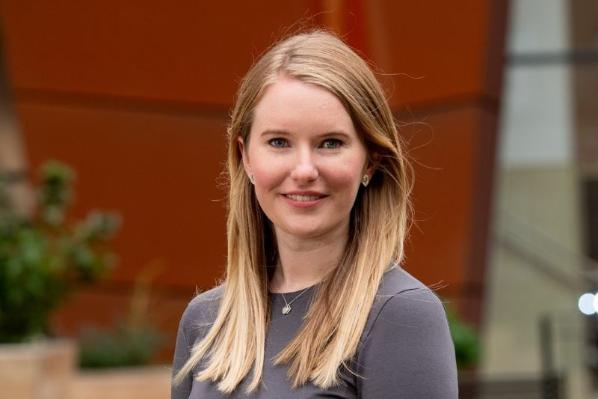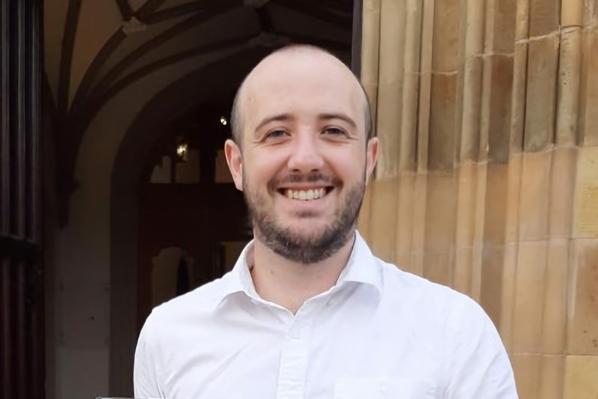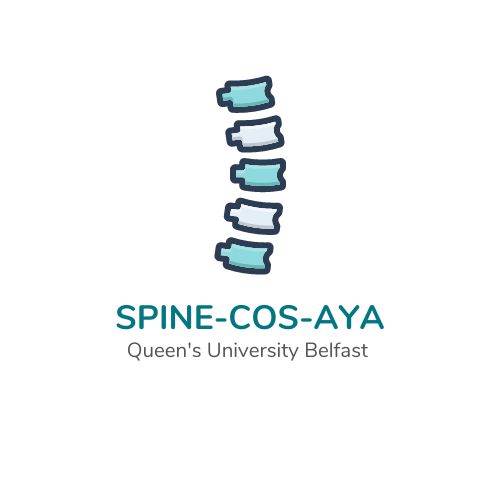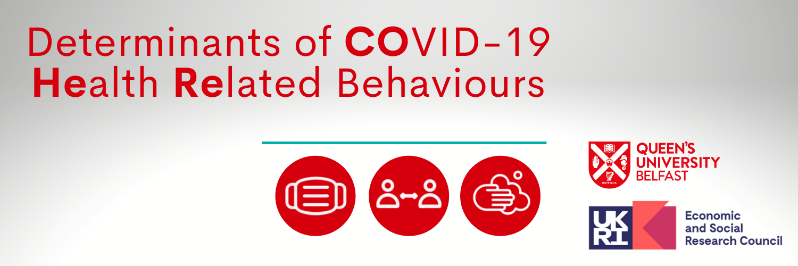Reviews have shown Overdose Prevention Centres can improve health outcomes and address social care needs of people who inject drugs. These facilities provide supervised substance use with sterile equipment, expert advice, and access to essential health and social care services. The UK Advisory Council for the Misuse of Drugs and the Faculty of Public Health, supported by 70+ organizations, recommend establishing OPCs to combat the public health crisis of overdose deaths and reduce drug-related harm. While OPCs have demonstrated success and cost-effectiveness globally, developing UK-specific evaluation tools and service models is crucial for integration with the existing health and social care system.
We will determine:
- Understanding how overdose prevention centres (OPCs) work and who they work for? Using RAMESES guidelines, we'll conduct a realist review to determine what works, for whom, and under what circumstances in OPCs.
- What should we measure to find out if overdose prevention centres work? Following COMET Initiative guidance, we'll establish essential metrics for OPC evaluation (Core Outcome Set) through evidence review, international e-Delphi with stakeholders, and consensus meetings.
- Impact and Cost-Effectiveness Modelling: We'll develop an epidemiological and economic framework to assess target groups, effects, costs, and cost-effectiveness of OPCs in UK localities.
- UK Health and Social Care Integration: Through interviews with key stakeholders, we'll explore what model might work, how to optimize OPC integration within the existing UK healthcare landscape, ensuring maximum use, cost-savings, and alignment with service user needs.
Research Team: Dr Gillian Shorter & Professor Alex Stevens (Co-Principal Investigators), Professor Peter Vickerman (Co-Applicant), Dr Zarnie Khadjesari (Co-Applicant); Mat Southwell (Co-Applicant); Tanya Telling (Host), Ben Scher (Research Fellow), Dr Adelina Artenie (Research Fellow), Dr Jolie Keemink (Research Fellow); Andrew Dyer (Research Fellow), Lynn Jefferys (Advisor)
Partner institutions: Sussex Partnership NHS Foundation Trust, University of Kent, Queen’s University Belfast, University of Bristol, University of East Anglia, Coact, EuroNPUD
Funder: This study was funded by the National Institute for Health and Care Research (NIHR) [Programme Development Grant (NIHR 204582)]. The views expressed are those of the authors and not necessarily those of the NIHR or the Department of Health and Social Care.
Selected Outputs:
Report: Want to know more about drug consumption rooms, overdose prevention centres, or safe consumption facilities? See the evidence, common misconceptions, community views, do they work, how they work, and more.
Journal article: Overdose prevention centres as spaces of safety, trust and inclusion: A causal pathway based on a realist review
Talks: at the United Nations Commission for Narcotic Drugs by invitation of Permanent Mission of Greece in Vienna and Permanent Mission of Portugal in Vienna; Stockholm University amongst others
Press: Overdose Prevention Centres have key role in tackling UK drug-deaths crisis, says new research featured in the Guardian, Independent, BBC Radio, HOPE Podcast, Korinthos News, Drink and Drugs News, Sky News, Belfast Live, Belfast Telegraph, BNN, Irish Examiner, View Digital, The National, Glasgow Times, BBC Sounds, PA, News Letter, Irish News, Frontline Podcast

